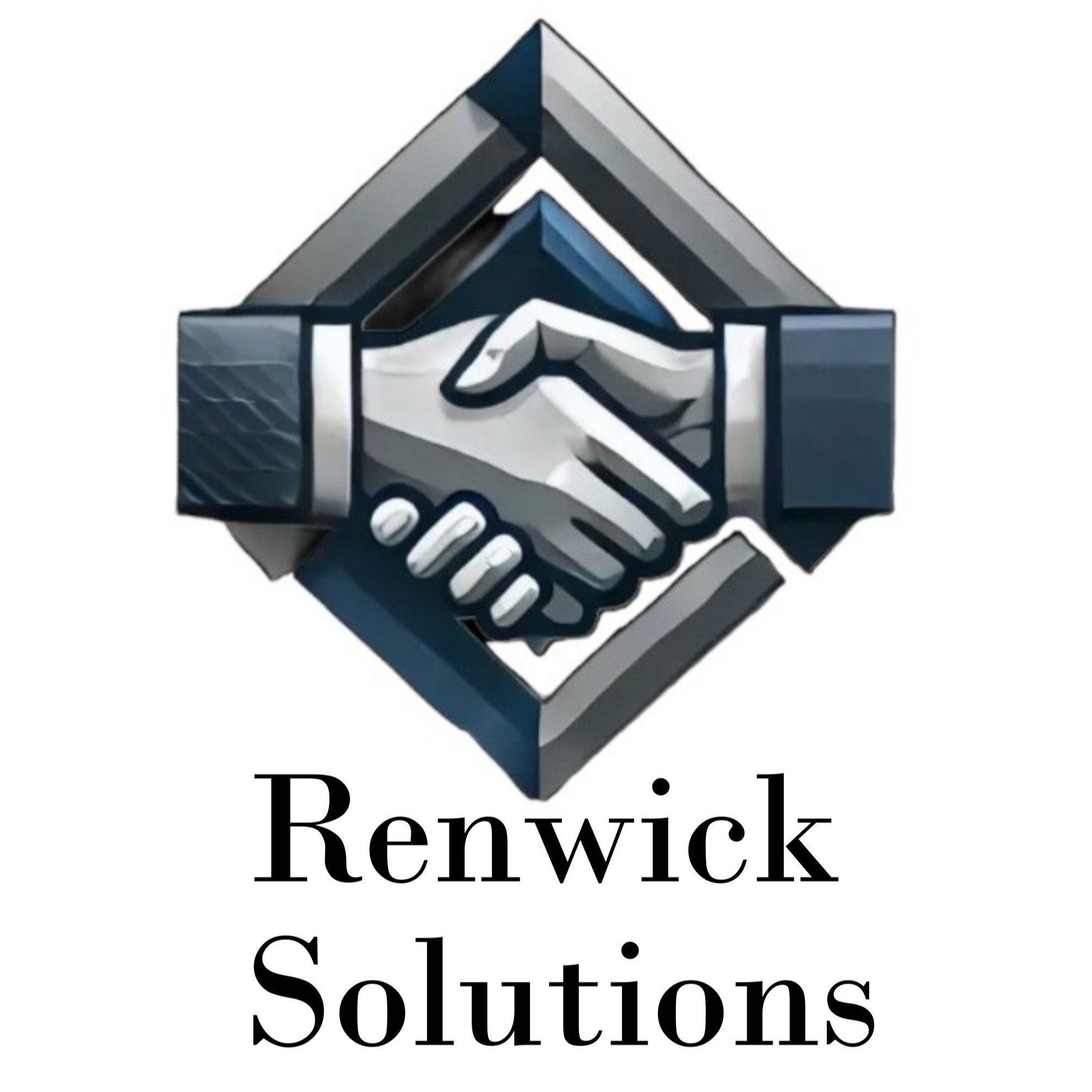A Lengthy or Complicated Application Process
It feels great as an employer to have a candidate who truly wants to work for your business. But the reality is, job seekers need to find employment just as much as you need to find the right hire. Candidates aren’t applying to just one job-they’re applying to many, sometimes even hundreds over the course of their search.
While you don’t want applicants who blindly hit ‘Apply’ without reading your job description, you also don’t want to make the process so long and frustrating that strong candidates abandon it. If your application is overly complex-requiring unnecessary steps, duplicate forms, or multiple layers before even getting to an interview-you’ll lose out on great talent. Many candidates will simply move on to companies with a more streamlined process that only asks for what’s truly necessary at the start.
Slow Hiring Decisions Leave Candidates Waiting
There is no perfect candidate for your job posting. However, there are candidates who come very close-individuals who, with the right training, resources, and environment, can excel in the role. But these candidates won’t wait around indefinitely for a job offer.
Top candidates are often highly experienced, hold relevant degrees or certifications, and expect competitive compensation. In many cases, they may have multiple job offers on the table-whether they tell you or not. If your hiring process drags on for weeks, you risk losing them to a company that moves faster.
A common mistake businesses make is continuing the interview process for weeks even after strong candidates have already been identified. Even if you’ve spoken to someone who meets nearly every requirement, many companies still delay by scheduling more interviews, reviewing more resumes, and waiting for a ‘perfect’ fit. This often leads to losing great candidates to competitors who are ready to make an offer.
Vague or Unrealistic Job Descriptions
When hiring an employee, your job description sets expectations for what they’ll be doing in the role. You need to specify what this candidate needs to bring to the table of any gaps in desired candidate vs actual candidates is on you.
However, there’s a fine line between outlining key responsibilities and listing a never-ending list of demands. Expecting one person to wear so many hats that they could ‘own a shop’ is unrealistic-and it drives away strong candidates.
On the other hand, being too vague is just as bad. A job posting that simply says, ‘We’re looking for someone with a great attitude to serve customers Monday through Friday’ tells the applicant nothing about their actual responsibilities. A good candidate wants to know what they’re signing up for before applying.
A Poor Interview Experience
How well do you prepare candidates for the interview before they even arrive? Do they know if they’ll be getting a tour of the building? Do they have clear instructions on where to park and which entrance to use? A confusing or disorganized interview process can immediately turn a candidate off.
Once the candidate arrives, do you make them feel welcome? Have you reviewed their resume ahead of time, or are you scrambling to remember their background? Small details-like recalling where they currently work, where they went to school, or what was discussed in the phone interview-show respect and professionalism.
Uncompetitive Compensation and Benefits
Minimum wage is not a competitive wage for nearly any job. People need a salary they can actually live on, and if your business isn’t offering a wage that matches the skill set, education, and location of your employees, you will struggle to attract and retain talent. If you’re not paying enough, potential hires will either pass on your job offer or, if they do accept, won’t deliver the level of work you expect.
Weak Employer Branding
Your brand isn’t just about how you present yourself to customers-it’s also how you present yourself to potential employees. Nobody wants to work for an employer that lacks identity, culture, or pride. A workplace that feels dull, uninspired, or outdated-one with dim lighting, gray cubicles, and no sense of company culture-won’t excite job seekers.
People want to work somewhere that has energy, purpose, and a clear identity. Before applying, candidates research companies online to get a feel for what it’s like to work there. They check reviews, look at salaries, and browse social media to see how a company represents itself. If your company has no online presence or worse, has negative reviews with no response from leadership, many candidates will move on without even applying.


